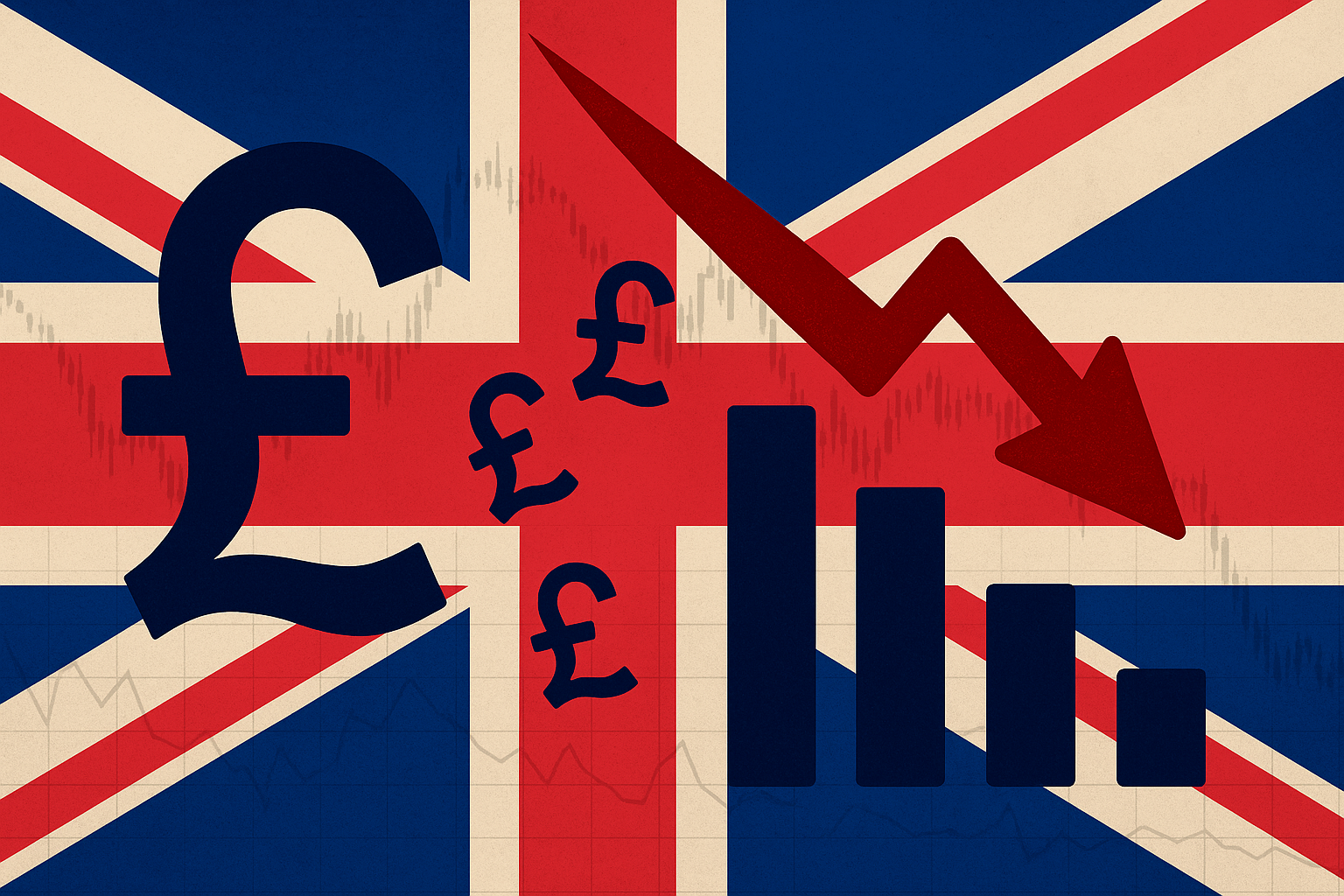Switzerland, long known for its stability, discretion, and strong financial institutions, is preparing to take a bold step into the digital era. The government has launched a public consultation on new regulations that would allow stablecoins — digital tokens pegged to traditional currencies — to be officially issued under Swiss financial law.
The initiative reflects a strategic effort to extend Switzerland’s reputation for trust and reliability from the world of bank vaults to the realm of blockchain technology.
A Digital Expression of Swiss Stability
The proposal outlines new licensing categories for “payment instrument institutions” and “crypto institutions,” which would bring stablecoin issuers under the supervision of Switzerland’s financial regulator, Finma.
Stablecoins are designed to combine the speed and flexibility of digital assets with the stability of fiat currencies, serving as a bridge between traditional finance and the cryptocurrency world.
By introducing a Swiss-franc-based stablecoin, the country aims to offer an alternative to the dominance of dollar-linked tokens. Such a coin — transparent, fully backed, and subject to regulatory oversight — could embody the Swiss financial brand: conservative, disciplined, and credible.
“A tokenised Swiss franc could strengthen the franc’s global standing,” said Hany Rashwan, founder of Swiss-based crypto ETF provider 21Shares. “It supports the currency’s stability and sovereignty.”
Building a Framework for Tokenised Finance
Under the proposal, Swiss-issued stablecoins would be subject to strict reserve, disclosure, and audit requirements, while foreign-issued coins merely traded in Switzerland would be classified as crypto assets rather than legal payment tokens.
This structure would allow Switzerland to maintain regulatory rigor without forcing international issuers to relocate.
The plan also includes raising the SFr100 million cap on how much client money licensed fintechs can hold — a move designed to help digital finance providers achieve economies of scale and compete more effectively with traditional banks.
Dea Markova, policy director at crypto infrastructure company Fireblocks, called the move a potential turning point:
“The game changer for Switzerland will be building the market for tokenised assets and bonds. To have that market, you need tokenised money — cash on chain — and that’s what this framework is really about.”
Balancing Innovation and Tradition
Switzerland’s approach comes after regulators in the EU, US, and Asia have already attempted — with mixed results — to define rules for stablecoins. Unlike faster-moving hubs such as Singapore, Hong Kong, and Dubai, Switzerland has taken a deliberate, cautious path.
Its measured pace may have cost it some momentum since it first declared ambitions to be a “Crypto Nation,” but it also allows Swiss authorities to learn from others’ mistakes and craft a framework that reflects Swiss precision.
The consultation is open until February 2026, with legislation unlikely before late 2026, giving policymakers time to fine-tune the balance between innovation and control. Too much regulation could drive digital asset firms elsewhere; too little could risk reputational damage to Switzerland’s financial brand.
The Irony of Success
If successful, Switzerland’s digital experiment could reshape its own financial foundations. A Swiss franc stablecoin — fast, borderless, and self-custodied — might reduce the appeal of traditional Swiss banking altogether.
Why park money in Zurich or Geneva if one can hold a digital franc globally, instantly, and securely from a personal wallet?
In this sense, the danger for Switzerland’s financial system lies not in failure but in success. A fully trusted, regulator-approved digital franc could erode the very banking model that made Switzerland wealthy.
The Philosophical Challenge: Trust in Code
Ultimately, Switzerland faces a deeper question: can it digitally replicate its defining product — trust — in a world governed by algorithms and decentralised ledgers?
If the country succeeds, it could preserve its global relevance in the blockchain era, transforming its legacy of financial discretion into a new form of digital confidence. But if it missteps, the Alpine nation risks undermining one of its most enduring industries — its banks — in the process.








